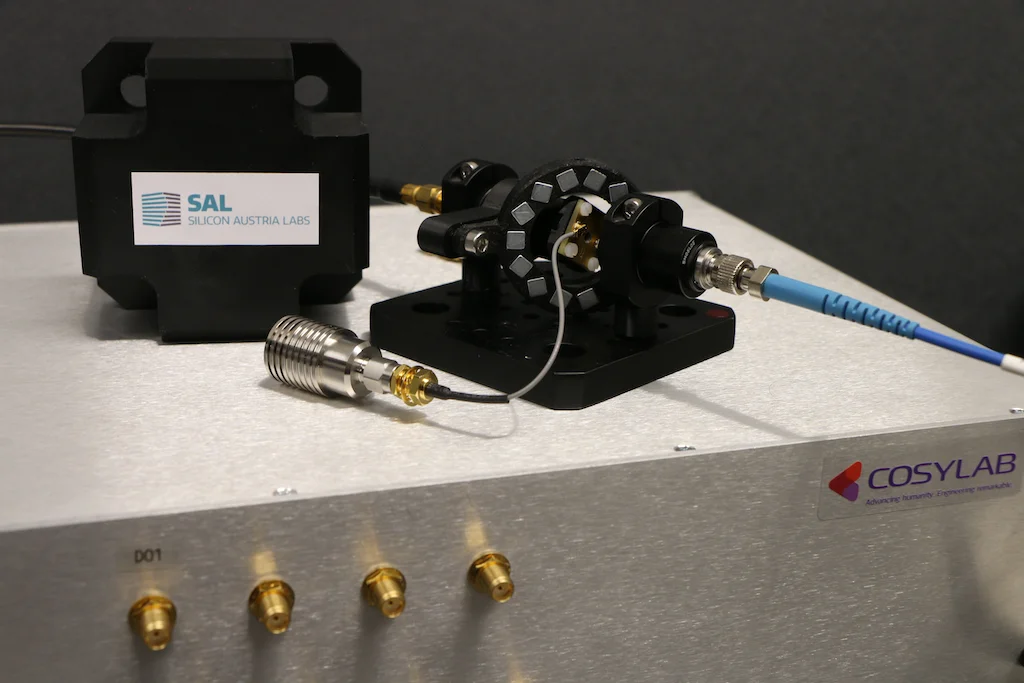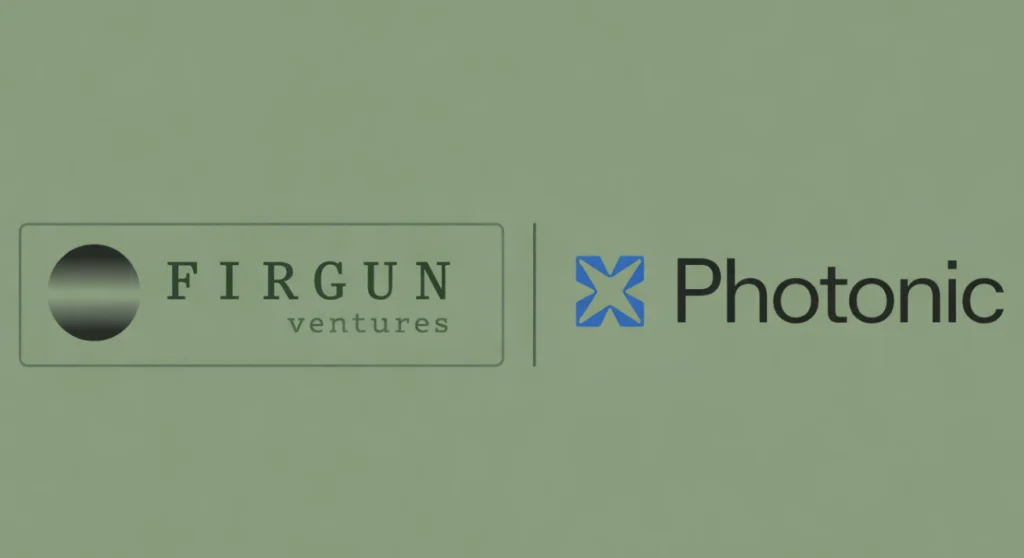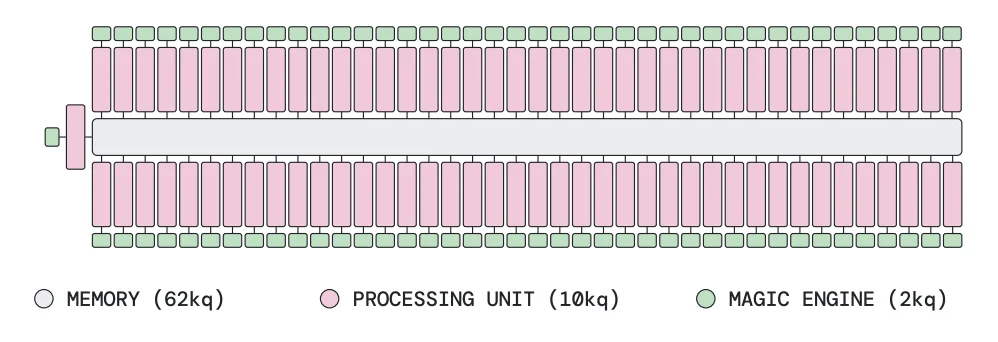Insider Brief
- IBM will contribute $100 million and Google will provide $50 million to universities in the United States and Japan.
- The competition with China in quantum is listed as one of the motivations behind the program.
- The move also suggests a shift in strategy: leveraging the expertise and resources of allies for primary research in cutting-edge technologies
IBM and Google will separately support a project to advance quantum computing research by providing a total of $150 million in funding to two universities in the United States and Japan, according to the Wall Street Journal. The move is aimed at maintaining a competitive edge against China in the race for quantum computing supremacy.
According to the WSJ, IBM will contribute $100 million, while Google will provide $50 million. The funds will be divided between the University of Chicago in the United States and the University of Tokyo in Japan.
The decision to collaborate and invest in academic institutions reflects a shift in strategy, with a focus on leveraging the expertise and resources of allies for primary research in cutting-edge technologies.

Rahm Emanuel, the U.S. ambassador to Japan and former mayor of Chicago, emphasized the importance of relying on allies for such initiatives. In an interview with The Journal, Emanuel said, “We have to count on our allies more for primary research.”
Emanuel also highlighted a significant concern regarding the previous practice of allowing Chinese students to work at American universities in fields like quantum computing. He noted that the U.S. had not only financially supported these students but had also provided them with education and training, enabling them to compete against the United States upon their return to China. This acknowledgment underscores the need to redirect resources and prevent potential technological advantages from being shared inadvertently.
The primary goal of the funding is to develop a quantum supercomputer with 100,000 qubits within the next decade. Quantum computing offers the potential to process significantly larger amounts of data at a faster rate compared to traditional computers. Achieving this ambitious target would mark a significant milestone in the advancement of quantum computing technology.
The collaboration between IBM and Google signifies a recognition of the importance of quantum computing in various sectors, including scientific research, artificial intelligence and cryptography. Both companies have been actively involved in quantum research and development, and this investment further solidifies their commitment to pushing the boundaries of this transformative technology.
To commemorate this partnership, a signing ceremony will take place during the G-7 meetings in Hiroshima, Japan, this weekend. The event is expected to underscore the importance of international cooperation and the shared vision of harnessing quantum computing’s potential.
The funding injection into quantum computing research at these leading universities represents a significant step forward in the global pursuit of quantum computing capabilities. With increased collaboration and investment, the United States and Japan aim to stay at the forefront of this rapidly evolving field, ensuring a competitive advantage in the technological landscape of the future.
If you found this article to be informative, you can explore more current quantum news here, exclusives, interviews, and podcasts.














